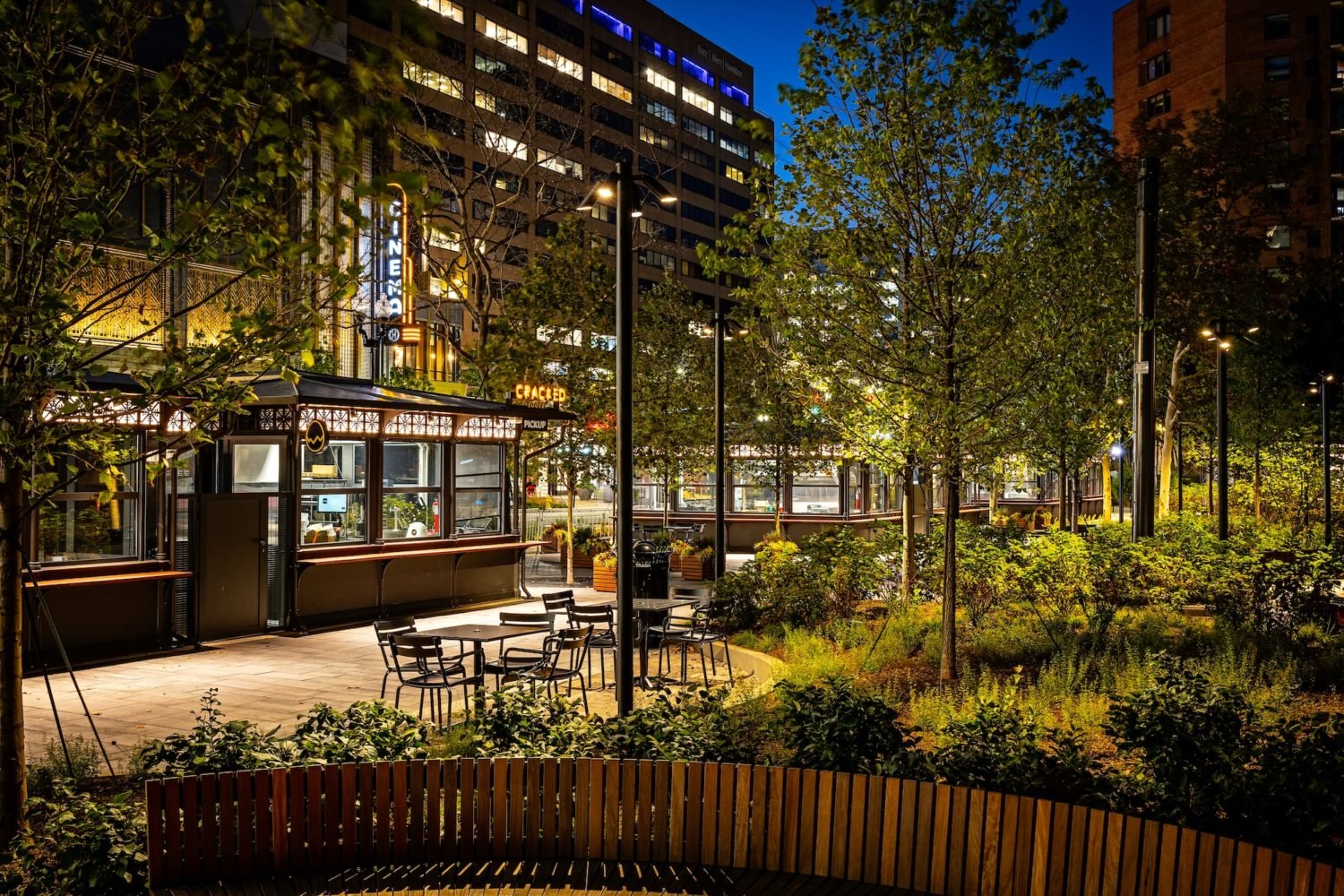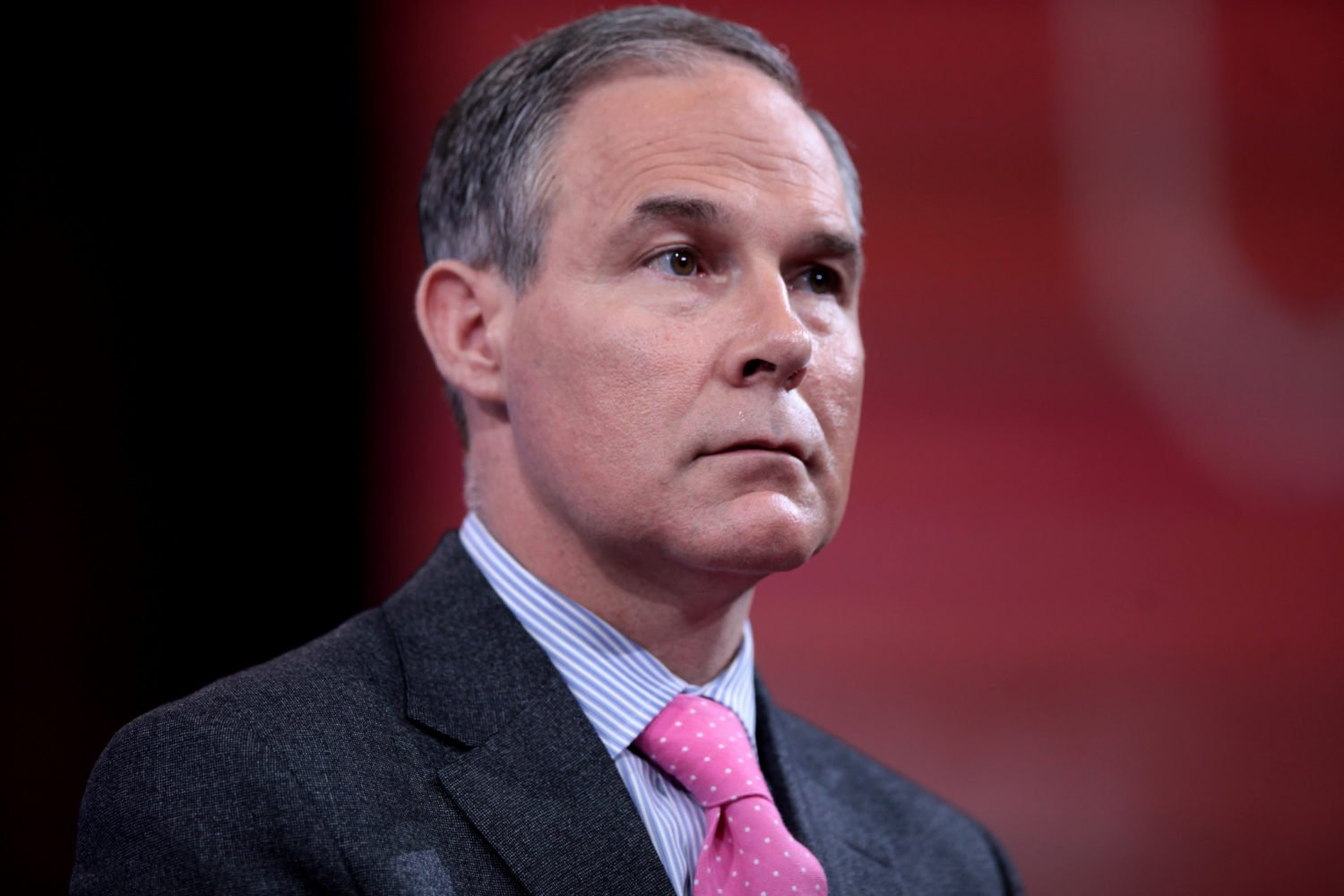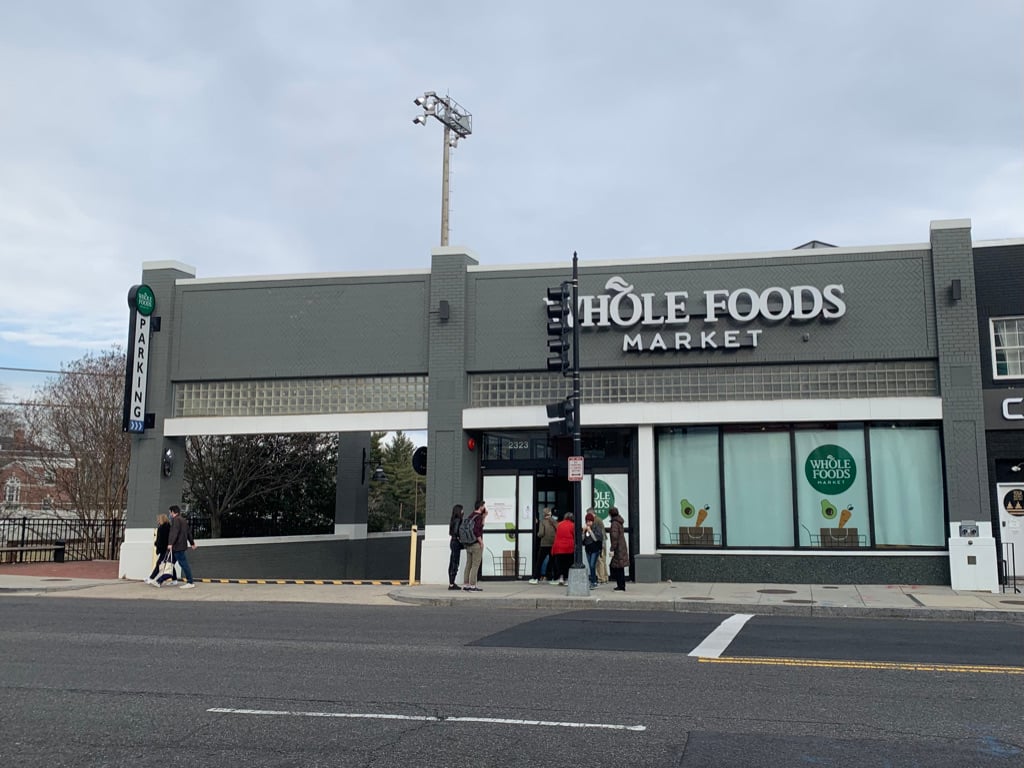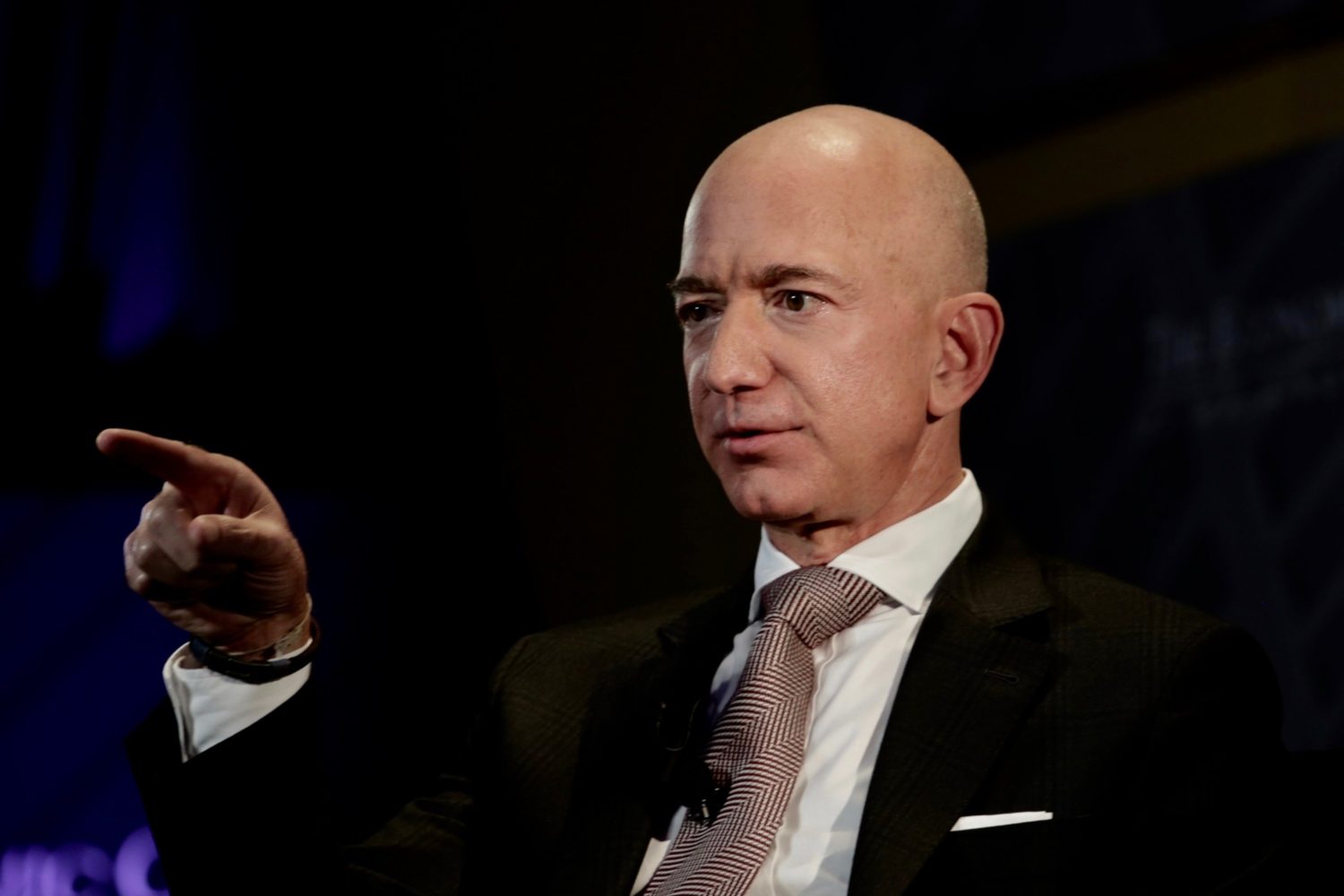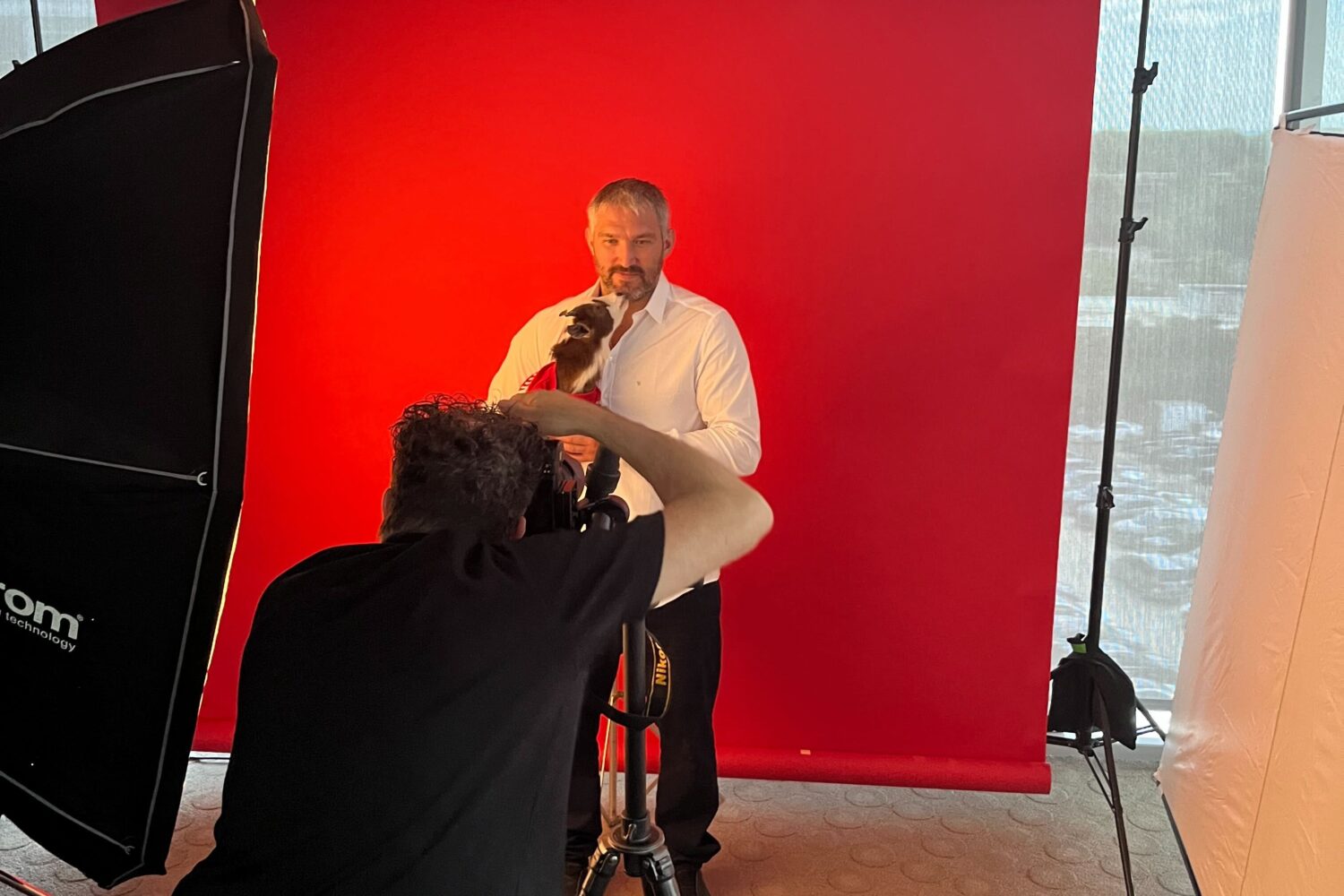DC Attorney General Brian Schwalb filed a lawsuit Wednesday against Amazon, alleging the online retailer secretly stopped providing its fast delivery service to Amazon Prime customers residing in two majority-Black Ward 7 and 8 neighborhoods.
The lawsuit, filed in DC Superior Court, alleges Amazon has been excluding two zip codes east of the Anacostia River (20019 and 20020) from receiving its advertised two-day service, instead exclusively using slower third-party services like UPS and the US Postal Service.
The Attorney General’s office says Amazon should reverse its “exclusion” and pay financial damages to the 48,000 residents of the affected neighborhoods who bought Prime memberships.
“Amazon is charging tens of thousands of hard-working Ward 7 and 8 for an expedited delivery service it promises but does not provide,” Schwalb said in a statement. “While Amazon has every right to make operational changes, it cannot covertly decide that a dollar in one zip code is worth less than a dollar in another.”
Amazon refuted any claims of discrimination as “categorically false,” in a statement to Washingtonian. “We made the deliberate choice to adjust our operations, including delivery routes and times, for the sole reason of protecting the safety of drivers,” said Kelly Nantel, a spokesperson for the company. “And we’re always transparent with customers during the shopping journey and checkout process about when, exactly, they can expect their orders to arrive.”
Nantel also claimed incidents of “specific and targeted acts” against drivers delivering Amazon packages in the two zip codes. According to Amazon’s undisclosed internal policies referenced in the suit, Amazon may choose to limit or suspend company delivery to a single address, block, community, or zip code to protect drivers from reoccurring incidents “violence, intimidation, or harassment.” Amazon should re-evaluate a delivery exclusion decision every six months, but it can “persist indefinitely” in practice.
The lawsuit, with screenshots attached, walks readers through the Amazon Prime sign-up process—showing repeated advertising of “Same-Day, One-Day, and Two-Day Delivery” with no other qualifying language or disclosure until after a membership has been purchased.
When residents complain directly to Amazon through the customer service chat or on social media, the lawsuit claims, company representatives “falsely inform them that slow delivery times were “never on purpose” or imply they are “one-time occurrences caused by circumstances outside Amazon’s control.”
Data included in the suit shows that while the percentage of Prime packages delivered to the zip codes within two days of purchase fell from nearly 75 percent prior to the alleged 2022 “exclusion” to 25 percent in 2023, the percentage of two-day Prime deliveries across DC as a whole increased over the same span.
The Attorney General’s office said in its statement that Amazon is legally permitted to take measures to protect its employees but is required to notify customers if they will be negatively affected by those changes. Otherwise, customers won’t be able to make informed purchasing decisions.
The office became aware of the issue through complaints sent through a tip line from residents such as Sehree Mickel. Mickel, who moved from Alexandria to Benning Ridge almost five years ago, says the she started noticing slower delivery speeds in 2022. “There’s not a lot of places that I can go and actually purchase things right away in my immediate zip code,” she says. “We rely on Amazon.”
Mickel also acknowledges Amazon’s concerns for their delivery drivers, while pointing out that attacks could happen anywhere in the city. “I don’t believe anyone would like anyone hurt,” she says. “On the other side of the river where you have larger homes and higher incomes, crime still happens, but those residents continue to receive their Prime service.”
Ameen Beale, a Congress Heights resident, didn’t file a complaint—but says that like Mickel, he experienced an abrupt halt in fast delivery services in 2022. “You renew your Prime membership every year, and you’re getting spoiled with same-day and next-day delivery service, and it just stops,” he says.
Beale, who takes care of a five-person household, had come to rely on Amazon’s speedier service. “Amazon was like a saving grace because we live in a food desert,” he says. “[Fast delivery] made living east of the river, not bearable, but better. You felt equitable compared to the rest of the city.”
Amazon has faced similar accusations in the past. In 2016, a Bloomberg investigation revealed that predominantly Black and Brown neighborhoods in cities such as New York and Boston experienced slower delivery time for Amazon packages. Amazon attributed the delays to ongoing service expansion.
Nantel said Amazon has offered to work with the Attorney General’s office to reduce crime and improve safety in the affected areas. The company will also “proceed in the process and demonstrate that providing fast and accurate delivery times and prioritizing the safety of customers and delivery partners are not mutually exclusive.”








